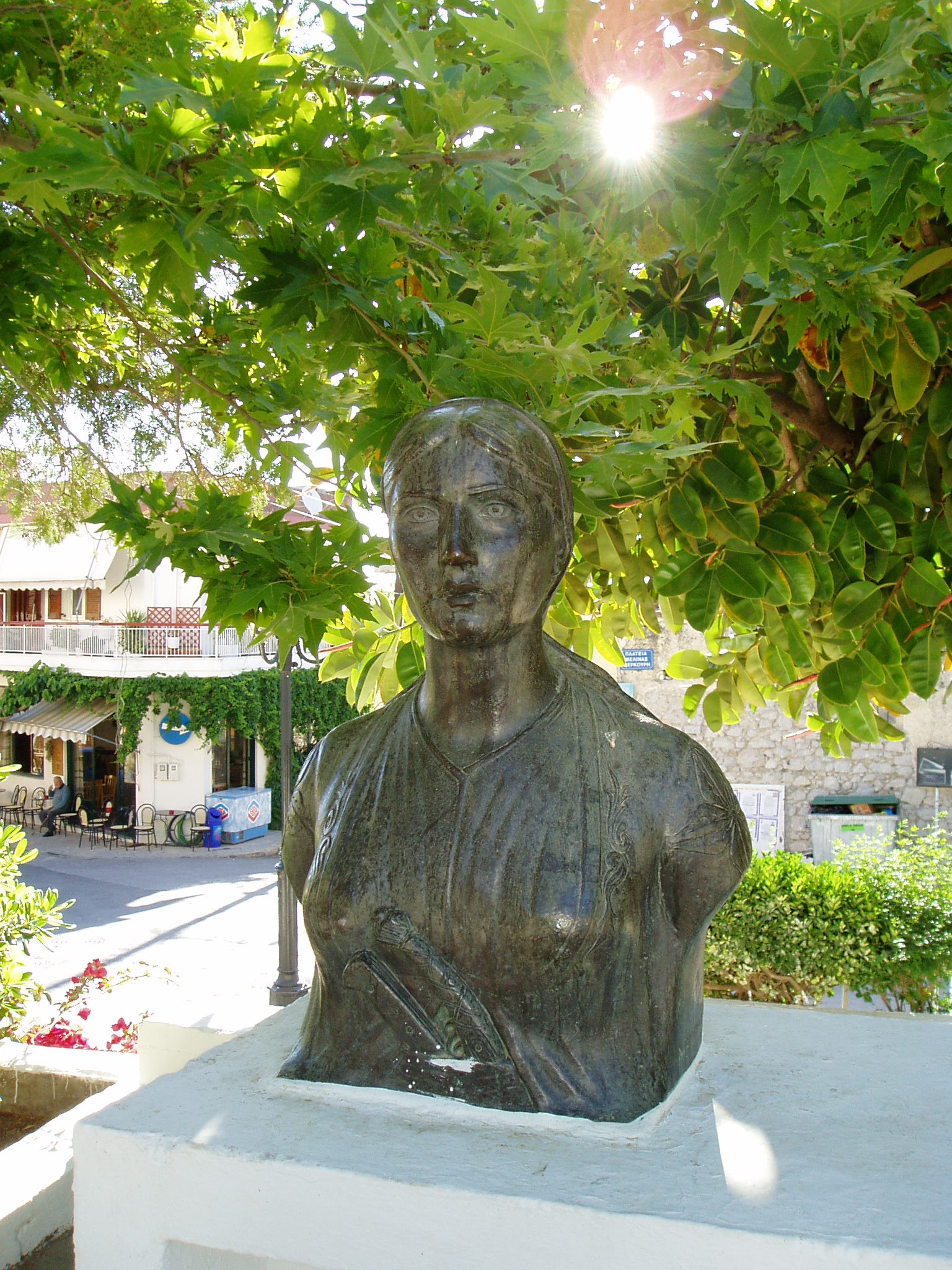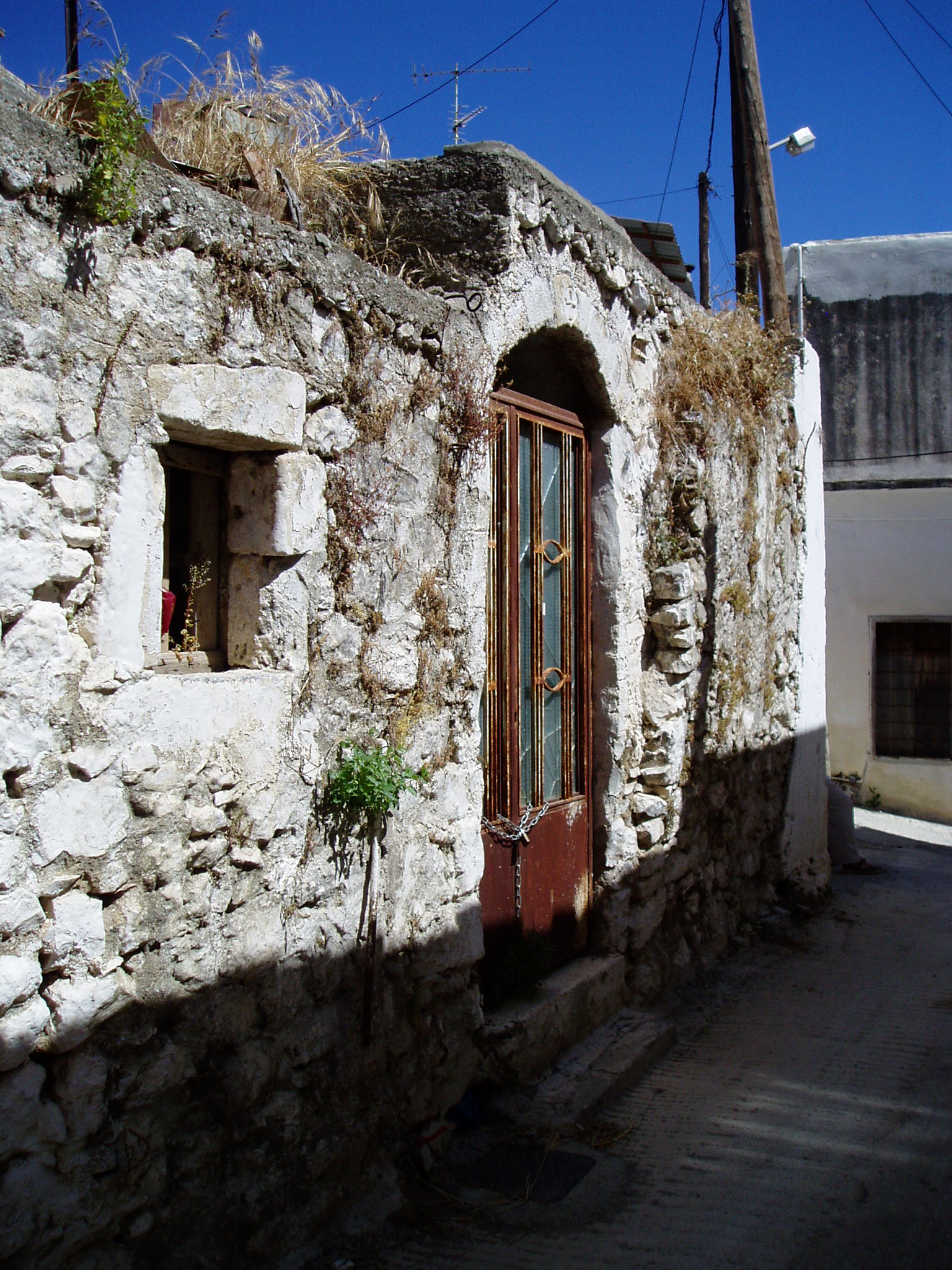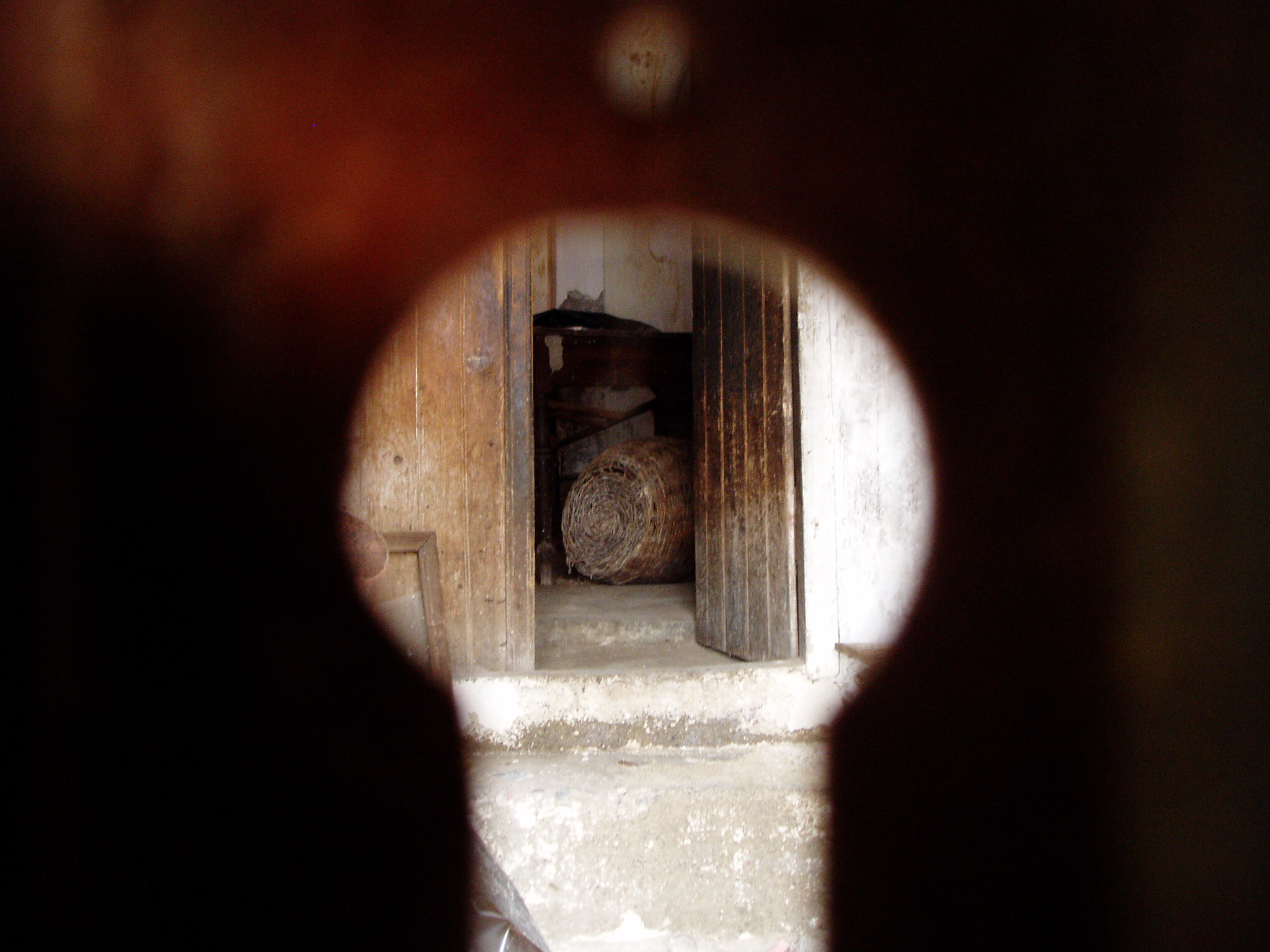Rodanthi - i Kritsotopoula

'Rodanthi "I Kritsotopoula" - ("the Cretan girl") a local heroine and freedom fighter who for two solid days in January 1823, led a small partisan resistance against the might of a swarming Turkish infantry intent on taking control of Kritsa.'
Rodanthi was the young daughter of a village priest and his wife, a village weaver, and they lived in one of a huddle of homes in the narrow passageways near a chapel where hef father tended the spiritual needs and problems of the people of Kritsa.
In her spare time, Rodanthi loved to help her mother by working at the family loom where she would sing in time to the rhythm of the shuttle and tread.
One day a Turkish officer was passing the house and upon hearing Rodanthi's singing was struck by the beauty of her voice.
He knocked on the door and called out for it to be opened. When Rodanthi's mother appeared, he demanded to see the girl who had so charmed him, claiming he wanted to marry her.


 The mother, fearing for her daughter's honour, lied and said there was no one singing in the house, that she was there alone and that he must be mistaken. He protested and tried to barge his way in the better to see for himself, but the mother was determined and barred his way, grappling and refusing to let him cross the threshold. The officer had been drinking with his soldiers and in a furious burst of temper he drew a dagger from his belt and stabbed the mother dead. Then he stepped into the house, caught hold of the girl and dragged her off to his lodgings.
The mother, fearing for her daughter's honour, lied and said there was no one singing in the house, that she was there alone and that he must be mistaken. He protested and tried to barge his way in the better to see for himself, but the mother was determined and barred his way, grappling and refusing to let him cross the threshold. The officer had been drinking with his soldiers and in a furious burst of temper he drew a dagger from his belt and stabbed the mother dead. Then he stepped into the house, caught hold of the girl and dragged her off to his lodgings.But on that night, Rodanthi plied him with drink and as soon as he was asleep, she took the dagger that he had used to murder her mother and slit the officer's throat. Then she cut off her hair, put on some of his clothes and, disguised as a youth, fled into the mountains where she joined the resistance in their fight against the Turks.
It
was some time later, after the two-day battle near her village that
Rodanthi was shot several times and seriously wounded in the chest.
Some of her comrades carried her to a little chapel on the edge of
the village in the hope that the local priest might be able to save
her or at least administer the last rites according to the Greek
Orthodox Church. Everyone could see the youth was weak and losing a
great deal of blood. It was when they tore open the shirt to try and
remove the pistol balls that they discovered the young man was in
fact a girl. And the priest discovered that the soldier was his
missing daughter.'
In
my photographs, you can see the Rodanthi's house is still standing in the
village. The doorstep was taken through the keyhole of the yard door;
and the main room taken through the window to the lane.
Rodanthi - i Kritsotopoula

©2019 - PERMISSION TO COPY. The content of this website is the Copyright of Tony Brown and is protected by international copyright law. You are welcome to copy it for personal or non profit, or educational purposes only and you have my permission to do so, provided it is copied and re-published in it's entirety complete with copyright notice and website address. If you wish to copy it for electronic publication on an intranet, website, blog or Newsletter you may do so provided the article is copied and re-published in it's entirety with all html, copyright information and hyperlinks intact and unaltered in any way with no redirects. If you wish to copy it for any other purpose please contact me for permission first.